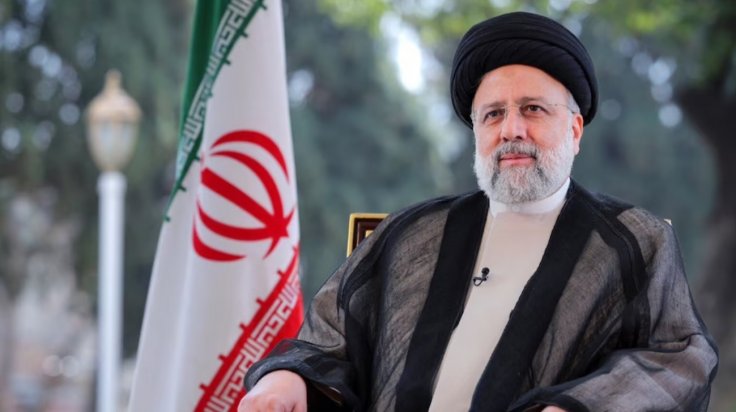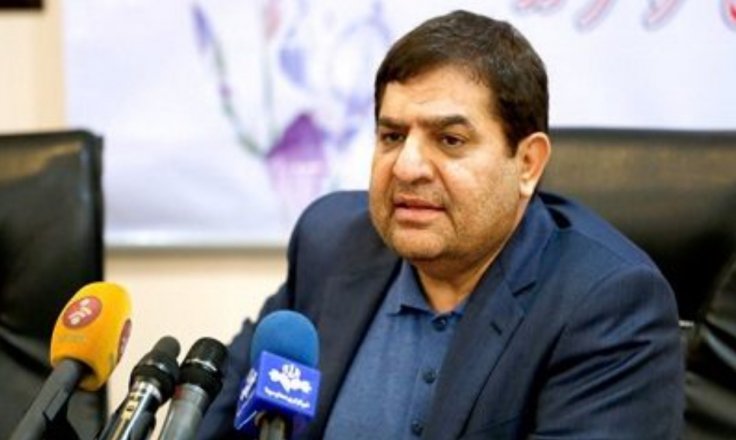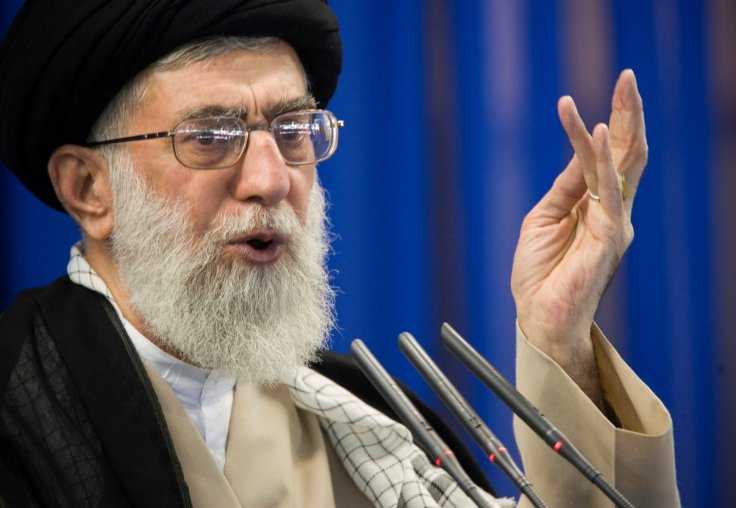With the shocking death of Iranian President Ebrahim Raisi in a helicopter crash on Sunday, Iran’s vice president has stepped into the vacant role. As acting president under the Islamic Republic’s constitution, Mohammad Mokhber, 68, will form a three-person council with the speaker of parliament and the head of the judiciary, to organize a new presidential election.
While it remains unclear who will replace Raisi in the long run—a hard-line protégé of the country’s Supreme Leader Ali Khamenei—the constitution stipulates that the election must be held within 50 days of the president’s death. And it could be possible that Mokhber could go on to become the next president.
Stepping into Raisi’s Shoes
X
Born on September 1, 1955, Mokhber has previously been sanctioned by the West for “nuclear activities” and has also agreed to supply Russia with a deadly arsenal of drones to support its ongoing invasion of Ukraine.
Like Raisi, Mokhber is seen as close to Khamenei, who has the final say in all matters of state. Today, Khamenei tasked Mokhber with organizing the elections.

X
Mokhber became first vice president in 2021 when Raisi was elected president after a carefully orchestrated election, ensuring Khamenei’s desired outcome.
With Raisi’s death, any plans that may have involved him succeeding Khamenei as Iran’s supreme leader will now have to be reconsidered and revised.
Mokhber is likely to be among the favored candidates to fill the vacant role.
In addition to now serving as acting president of Iran, the 68-year-old is also a member of the Expediency Discernment Council—an administrative assembly appointed by Khamenei, first created in 1988.

X
Initially established to resolve conflicts between different branches of the Iranian government, its true power comes from its advisory role to the Supreme Leader.
Hardliner, Nothing Less Than Raisi
In addition to his current roles, prior to becoming Iran’s Vice President, Mokhber served as the head of the Execution of Imam Khomeini’s Order (Setad)—a state-owned investment fund directly controlled by the Supreme Leader.

Reuters
Setad was created from thousands of properties confiscated in the aftermath of the 1979 Islamic Revolution under an order issued by Ayatollah Ruhollah Khomeini, Khamenei’s predecessor. Initially, it was intended to sell and manage properties supposedly abandoned in the chaotic years after the revolution and channel the proceeds to charity.
However, a Reuters investigation found that Setad built its “empire on the systematic seizure of thousands of properties belonging to ordinary Iranians.”
Initially intended for charity, under Khamenei’s leadership, the organization began acquiring property for itself, growing into a major economic power in Iran.
Mokhber’s actions have drawn international attention. In 2010, the European Union included Mokhber on a list of individuals and entities it sanctioned for alleged involvement in nuclear or ballistic missile activities.

X
He was removed from the list two years later. In 2013, the US Treasury Department added Setad and 37 companies it oversaw to a list of sanctioned entities.
Mokhber was also part of a team of Iranian officials who visited Moscow in October and agreed to supply surface-to-surface missiles and additional drones to Russia’s military, according to sources cited by Reuters news agency at the time.
Following Raisi‘s death, the only other person suggested so far has been Mojtaba Khamenei, the 55-year-old son of the Supreme Leader.


